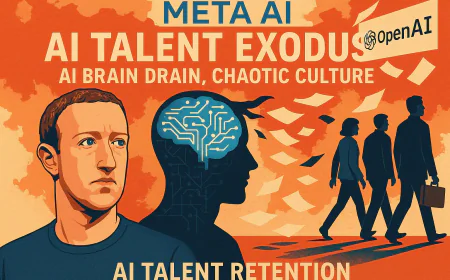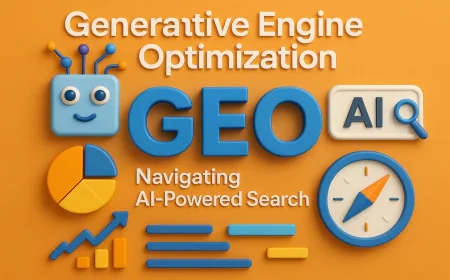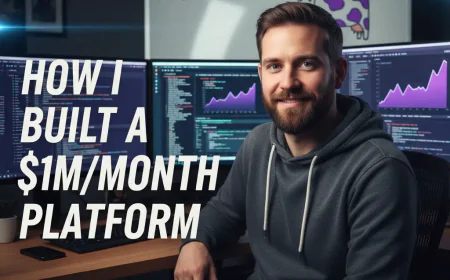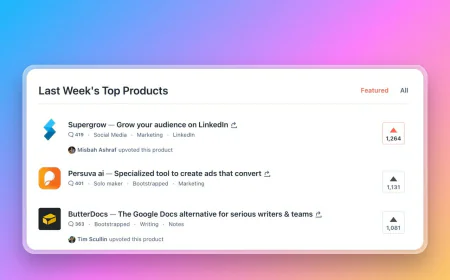Meta once boasted one of the world’s top AI research teams – until a chaotic culture and fuzzy vision sent talent fleeing. Years before Mark Zuckerberg’s recent hiring spree, Facebook’s AI lab was home to brilliant minds who later launched cutting-edge startups like Perplexity and Mistral, or jumped ship to powerhouses such as OpenAI, Anthropic, and Google. Today, despite Zuckerberg dangling jaw-dropping pay packages (reportedly even billion-dollar deals), the brain drain hasn’t stopped. Former insiders lament that “they had the best people and lost them,” and rivals now treat Meta as an afterthought in AI. One industry exec quipped Meta is the “Washington Commanders of tech,” overpaying for mediocre talent and fooling outsiders into thinking those hires are world-class purely because of their high salaries.
Feeling the pressure, Zuckerberg is pulling out all the stops. In June, he brought on 28-year-old Alexandr Wang – the former CEO of Scale AI – to spearhead a new “superintelligence” lab after investing in his company. He’s recruited prominent figures like ex-GitHub CEO Nat Friedman and poached at least 18 researchers from OpenAI, DeepMind, and Anthropic (though many others rebuffed Meta’s advances, preferring the mission-driven cultures at their companies). Meta even rehired a few key people who had previously left for competitors. Yet the exodus continues: Meta’s AI division has one of the lowest retention rates in the industry, and noteworthy experts keep departing for younger startups or rivals. Just recently, a lead scientist behind Meta’s Llama AI models left for Anthropic, and multiple others have followed suit to companies like Writer, Mistral, and even Elon Musk’s new venture, xAI.
Insiders say the talent leak isn’t just about money – it’s the result of internal turmoil. Meta’s once-renowned AI research arm (FAIR) was sidelined as the company scrambled to build practical AI products. Teams have been hastily assembled and disbanded, and employees reportedly weathered seven-day workweeks trying to meet frantic deadlines. Projects often shifted direction overnight, especially when Zuckerberg was fixated on the metaverse – a costly detour that pulled resources away from core AI work. An internal essay titled “Fear the Meta Culture” that circulated in Meta’s AI group described researchers as disheartened, overworked, and confused by constantly changing priorities and a “wavering vision” from leadership. The final straw for many was the underwhelming rollout of Llama 4, Meta’s latest AI model, which insiders criticize for poor performance (amid whispers that its abilities were overstated to save face). This failure further fueled doubts about Meta’s strategy and left remaining staff wondering how they fit into the new superintelligence initiative.
Rivals aren’t sympathetic. They frame Zuckerberg’s big spending as an attempt to buy “mercenaries” – people who follow the money – versus cultivating “missionaries” who genuinely believe in a company’s vision. OpenAI’s CEO Sam Altman warned in a note to employees that “missionaries will beat mercenaries” and suggested Meta’s huge paychecks, coming before real success is achieved, will lead to cultural problems. Other startup leaders describe a cultural shift: more Meta candidates are knocking on their doors, tired of the turmoil and drawn to workplaces where purpose trumps a fat paycheck.
In short, Meta is racing to regain its AI crown by throwing money and big titles at the problem. But unless it can fix its chaotic culture and inspire a sense of purpose, even the most extravagant offers might not be enough to keep the brightest minds from walking away.
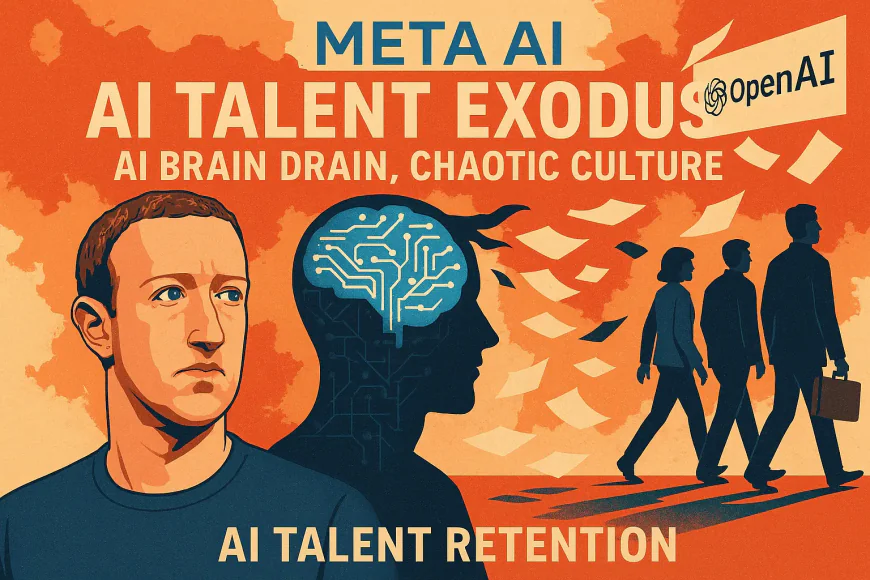
 Like
0
Like
0
 Dislike
0
Dislike
0
 Love
0
Love
0
 Funny
0
Funny
0
 Angry
0
Angry
0
 Sad
0
Sad
0
 Wow
0
Wow
0


